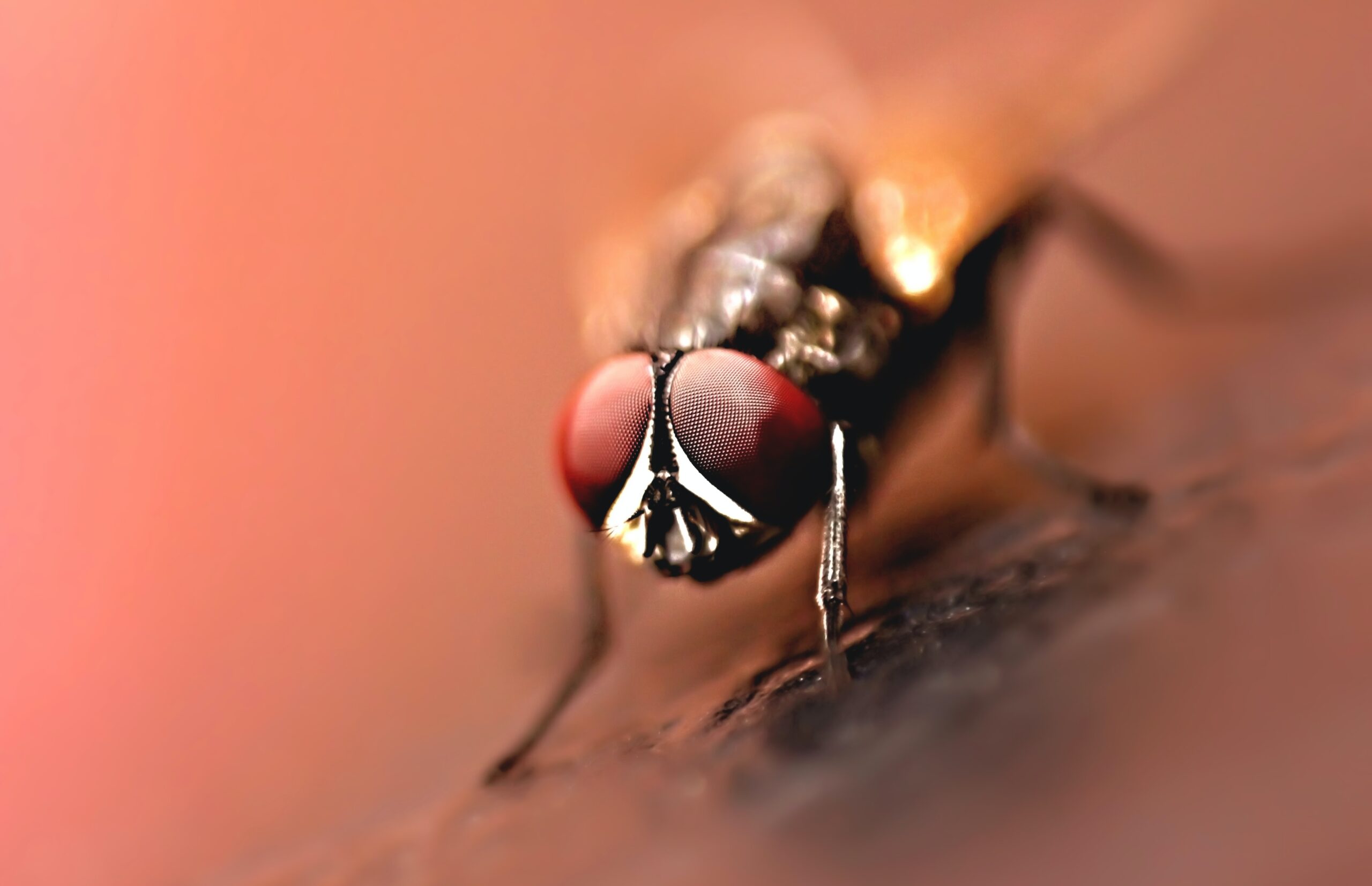Why You Have Flies After Human Decomposition and What to Do About It

Experiencing a tragedy in the home or business, such as a homicide, suicide, or unattended death, takes an extreme emotional toll on people in the vicinity. Aftermath Services uses science-based procedures and equipment to clean and disinfect these environments in order to remove the physical remnants of a tragedy, but every so often a new culprit arises once the dust has settled: flies.
Why Do I Have Flies After a Decomposition?
The stages of human decomposition contain natural processes that happen to every organic being, beginning immediately upon death. During the 2nd stage of human decomposition, called bloat, natural enzymes within the body begin producing many gases, which can cause the human body to double in size. In addition, insect activity can be present, particularly in warmer climates. Flies, maggots, and others flock to the decaying flesh within minutes and begin to lay eggs.
According to the Nature Education Knowledge Project, “Carrion flies locate dead animals through a keen sense of smell; they can detect minute traces of decomposition odor in air currents.”
What this can lead to, on occasion, is a fly or maggot infestation within the household. This is more common in unattended death situations, meaning the deceased was not discovered until significant time has passed and the decomposition process has been in full swing. Here’s why:
- Egg laying: once a person dies, flies flock to the corpse to begin feeding. During this process, a single fly can lay up to 300 eggs on or in the corpse.
- Hatching: one day later, the eggs hatch and become larvae or maggots.
- Feeding/Incubating: over the course of a few days, the larvae feed on fluids coming from the deceased, eventually moving into the body or even within small crevices in the household in order to incubate.
- Hatching (again): the larvae incubate for two weeks and eventually hatches into a fly, thus repopulating the surrounding area.
Aftermath holds industry-leading cleanliness standards and performs ATP verification testing to ensure hospital-grade levels of disinfection. However, there’s always the possibility of larvae from a decomposing corpse managing to sneak away into unseen crevices/nooks within an indoor environment.
This means that two weeks after the area is completely cleaned and disinfected, a fly infestation begins. Although these types of cases are exceedingly rare, the risk of it happening is increased in warm climates, during situations where a body has not been discovered for extended periods of time, and with heavy maggot/fly infestations already.
How to Get Rid of Flies Indoors
Houseflies are a nuisance in general, but even more so when they grow in numbers. Additionally, flies can carry infectious viruses and bacteria that spread when they bite. Here are a few ways you can get rid of flies during an infestation:
- Vinegar & dish soap: mix a few tablespoons of apple cider vinegar into a glass with a few drops of dish soap. The vinegar will attract the flies, and the soap will trap them in the glass, causing them to sink to the bottom.
- Other natural remedies: using foods and liquids that flies are attracted to can lure them into traps. Using wine, fruit chunks, syrup, or honey is a great way to attract flies.
- Insecticides: while natural remedies can be effective, if the infestation is widespread enough, they may take too long to get the job done. Insecticides are effective immediately, but you need to be sure you cover the entire area or else you’ll be repeating the process when the next batch of flies hatches.
- Spray/fogger: keep in mind that most pest infestation sprays and foggers are designed for outdoor use. If you do decide to take this route, it’s crucial to find one that’s non-toxic to humans. Bug bombs and the like should be a last resort, reserved for only the most intense infestations or ones that originate in unreachable nooks and crannies in the house.
Aftermath is Here to Help
While Aftermath Services is not a pest control provider, if a fly or maggot infestation is the result of a death in the home, we will come back to clean it up.
We are the leading nationwide provider of biohazard remediation services and specialize in all aspects of unattended death cleanup services to individual families, property managers, and commercial businesses. Our experts are available 24/7 to assist you. All of our services are performed by Aftermath employees (no subcontractors), and we stand by our work with a 100% Customer Satisfaction Guarantee.
Contact us today for more information on our biohazard remediation services.
ADDITIONAL RESOURCES
 877-872-4339
877-872-4339  Contact Us
Contact Us 






